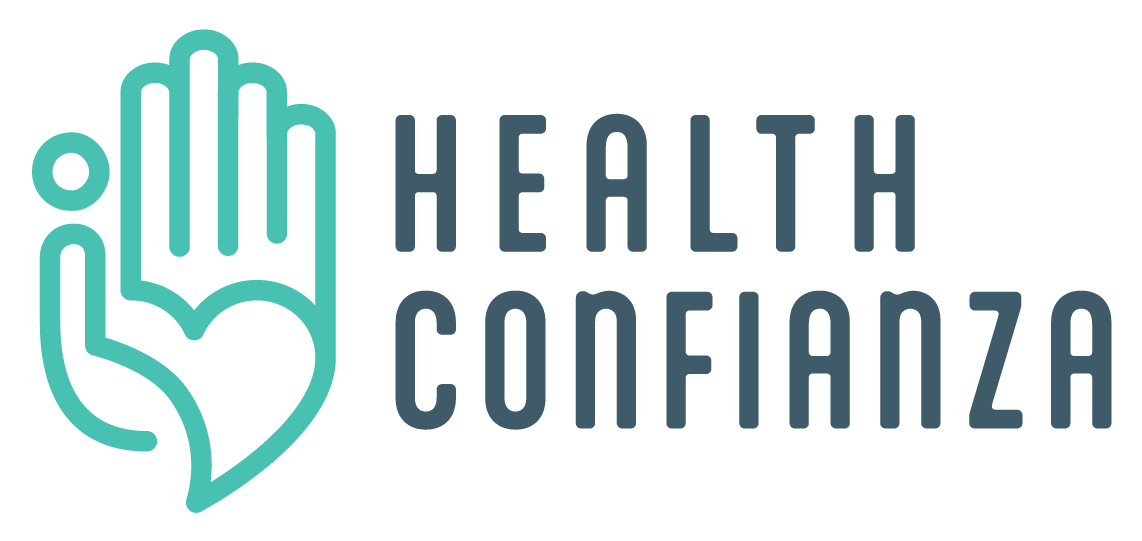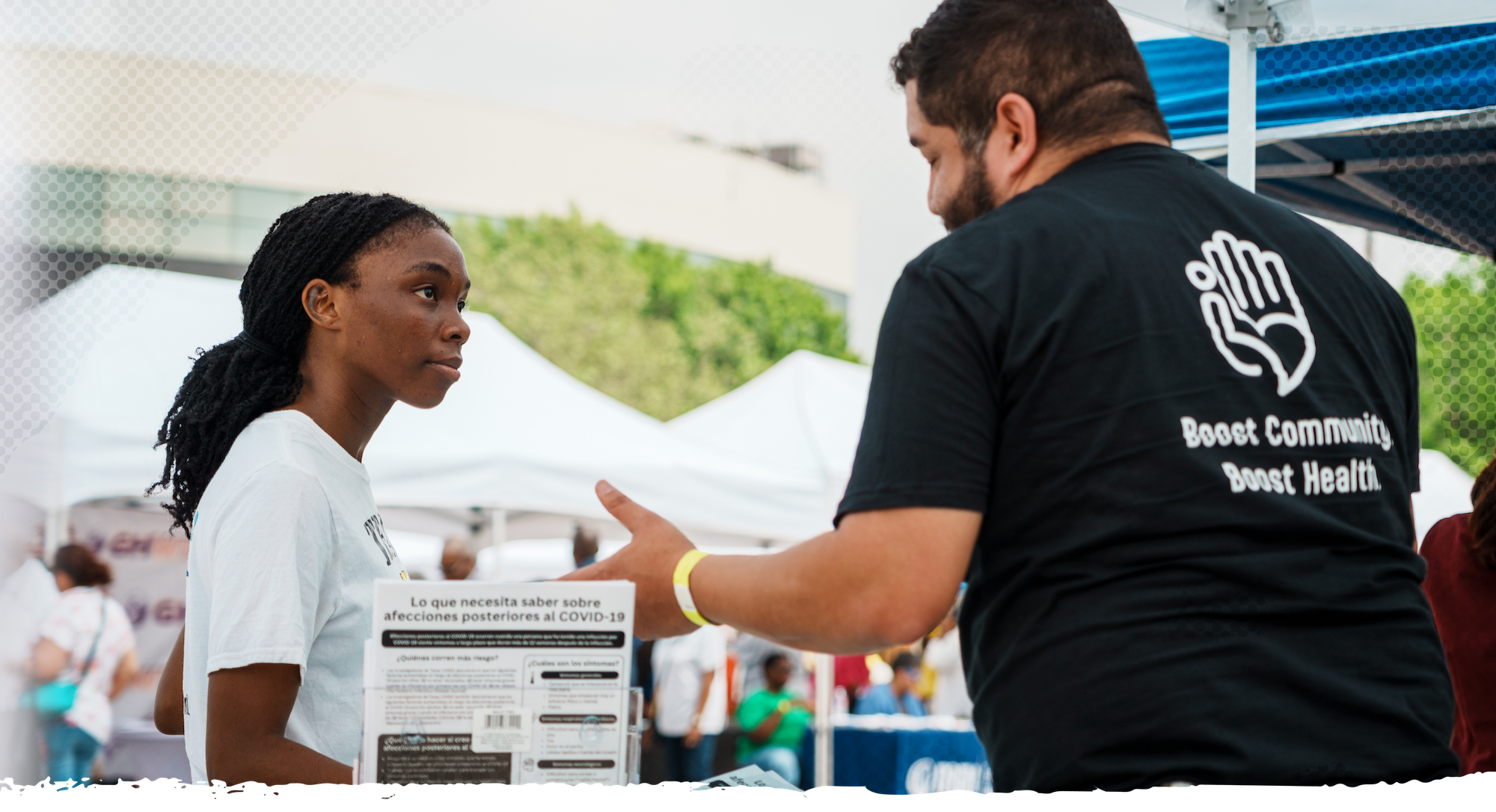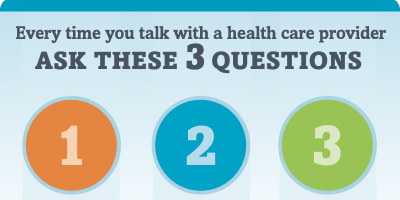| AARC Health Equity Clinic | LGBTQ Primary Care, HIV Care, STI Testing, Prep/Pep, Transgender Care | (210) 688-5792 | 303 N Frio St. | 78207 |
| Barrio Family Health Center- -CommuniCare Health Center West Campus | Medical, Women's Health, Pediatric, Teen Health, Senior Care, Dental, Behavioral Health, Vision Care, Lab | (210) 233-7000 | 1102 Barclay St. | 78207 |
| Conviva Care Center | Senior Chronic Care and Disease Management, Preventive Screenings, Wellness and more | (726) 245-1002 | 100 S. Zarzamora St., multiple locations | 78207 |
| CentroMed Sarah E. Davidson Clinic * | Primary Care, Pediatrics, Counseling, Pharmacy, Lab. Other CentroMed locations offer Behavioral Health, Dental Care, Women's Health (OB/GYN), Family Practice, HIV Care, WIC Nutrition Program and more | (210) 220-2330 | 1 Haven for Hope Way, Building 1, Suite 300, multiple locations | 78207 |
| Christus Santa Rosa Health System | Primary Care and more | (210) 705-6300 | 2827 Babcock Rd. | 78229 |
| Clinica Hispana | Primary Care
As of October 2025: $30 a visit | (210) 370-3693 | 3720 Southwest Mlitary Dr. | 78211 |
| CommuniCare Health Center East Campus | Medical, Women's Health, Pediatric, Dental, STD/HIV Screening and Testing, Lab | (210) 233-7000 | 3066 E. Commerce St., multiple locations | 78220 |
| Corazon San Antonio | Primary Care, Eye Clinic, and Pharmacy for Homeless Community | (210) 226-8341 | 230 E. Travis St., basement of Travis Park Church | 78205 |
| Diana M Burns-Banks Clinic at the Restoration Center by Center for Health Care Services (CHCS) | Primary Care Services for those receiving Psychiatric Services | (210) 261-3750 | 601 N. Frio St. | 78207 |
| Dixson Health & Wellness Center (Wesley Clinic)* | Medical, Counseling, Dental, Diabetes Education, Immunizations, Pediatrics, Women's Health, Pharmacy, Lab and more | (210) 527-1505 | 4212 E. Southcross | 78222 |
| Edgewood University Health Clinic | Pediatric development and behavior services | (210) 644-8050 | 911 Historic Old Highway 90 | 78237 |
| El Bari Community Health Center | Primary Care | (210) 888-0671 | 5281 Casa Bella St. | 78249 |
| La Misión Health Center | Primary Care, Adolescent Care, Pediatric Care, Dental, Counseling, Social Services, Lab, Limited Radiology and more | (210) 626-0600 | 19780 South US Hwy 281 | 78221 |
| Methodist Healthcare Ministries | Primary Care, Community Counseling and more | (210) 692-0234 | 4507 Medical Dr., multiple locations | 78229 |
| Metro Health Immunization Clinic | Immunizations (Flu vaccine, COVID vaccine and others.) | Call 311 or (210) 207-8894 | 210 N. Mel Waiters Way | 78202 |
| Nursing Cardinal Clinic at the University of the Incarnate Word | Medicaid Texas Health Steps Well Child Examinations, Health Texas Women Well Women Sevices, Low-cost Immunizations, Tuberculosis Screening, Physical Exams and more | (210) 283-6331 | 2547 E. Commerce St., Suite 300 | 78203 |
| Palo Alto College Dental Hygiene Program | Dental Hygiene for Children, Teens, Adults and Seniors. | Call (210) 486-3327
| 1400 W. Villaret Blvd. | 78224 |
| Paul Elizondo Adult Behavioral Health Clinic by Center for Health Care Services (CHCS) | Behavioral Health and more | (833) 501-2427 | 928 W. Commerce St. | 78217 |
| Pedi-Express Walk-in Care - University Health | Pediatric Walk-in Care, Treat Minor Injuries or Illnesses | (210) 358-8145 | 903 W. Martin St., 1st Floor | 78207 |
| Pride Community Clinic | Primary Care, Links to Mental Health, Sexual Health and Substance Abuse Services | (210) 570-7318 | 303 N. Frio St. (Inside AARC Clinic) | 78207 |
| Refugee Health Clinic | Primary Care, Immunizations | (210) 949-0062
SFCP@uthscsa.edu | 4242 Bluemel Rd., St. Francis Episcopal Church | 78240 |
| Ricardo Salinas Health Clinic | Pediatric Dental Care up to age 17 | (210) 450-8700 | 630 S. General McMullen | 78237 |
| San Antonio Christian Dental Clinic | Dental Care | (210) 220-2300 | 1 Haven for Hope Way, Building 1, Suite 400 | 78207 |
| SAVE Clinic * | Vascular and Endovascular Care | (210) 610-7283 | 603 E. Amber St., multiple locations | 78221 |
| The Center for Health Care Services | Mental Health, Wellness, Substance Abuse, Intellectual Disability Disorders for Adults and Children and more | (833) 501-2427 | 8122 Datapoint Dr., multiple locations | 78299 |
| Travis Park Dermatology | Dermatology | travisparkdermclinic@gmail.com | 230 E. Travis St. | 78205 |
| University Health - Dr. Robert L.M. Hilliard Center | Annual Physicals, Wellness Exams, Pediatric Immunizations, Allergies, High Blood Pressure, Flu, Pregnancy Test, Gynecologic Exams, Sleep Medicine, Women’s health, Neonatology, Endocrinology, and Diabetes | (210) 644-8700 | 919 Locke St. | 78208 |
| University Health Robert B. Green Campus | ExpressMed Walk-in Care, Pharmacy, Women's Health, Specialty Services and more | (210) 358-3400 | 903 W. Martin St. | 78207 |
| University Health Southeast | Primary Care, Pharmacy, Radiology, Oncology, Behavioral Therapy, Diabetes Education and more | (210) 358-5515 | 1055 Ada St. | 78223 |
| University Health Texas Diabetes Institute | Diabetes and Endocrinology, Chronic Disease Management, Preventive Care and Treatment for Minor Illnesses, Pharmacy and more | (210) 358-7000 | 701 S Zarzamora St. | 78207 |
| Wesley Health and Wellness Center | Counseling, Dental, Diabetes Education, Exercise Classes, Health Education, Immunizations, Lab, Medical, Physical Exams, Women's Health and more | (210) 922-6922 | 1406 Fitch St. | 78211 |
| University Health Kennedy | Women's health, pediatrics, and primary care. | (210) 358-8255 | 1831 S General McMullen | 78226 |
| YWCA Health * | Women's Health Services, Immunizations, Fitness Classes and more | (210) 433-9922 | 503 Castroville Rd. | 78237 |
| UIW Eye and Vision Care Cinic | Adult and pediatric eye exams, and specializes in areas like contact lenses, dry eye, low vision, and more. | (210) 283-6800 | 9725 Datapoint Drive | 78229 |
| Clinica Hispana Angeles | Primary care, chronic conditions, minor procedures/emergencies, womens/mens clinic and medical diagnostics
As of October 2025: $30 a visit | (210) 775-2008 | 7616 Culebra Rd., Suite 101 | 78251 |




